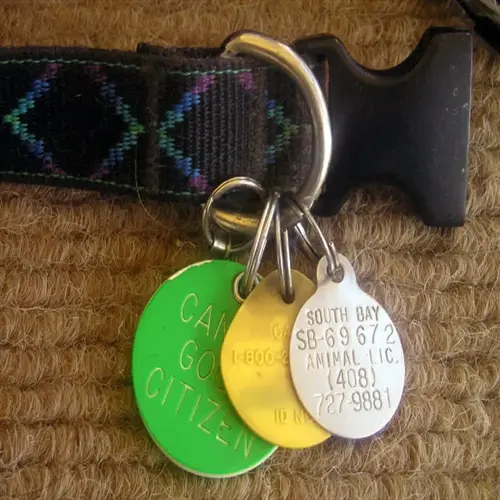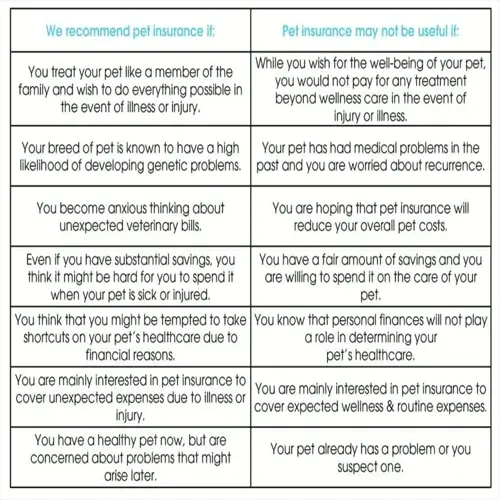When should puppy grooming begin?

Written by
Robert Brown
Reviewed by
Prof. Henry Webster, Ph.D.Start puppy grooming at 8 weeks old with mild products to develop a positive association. Early introduction avoids grooming anxiety later on while establishing healthy coat maintenance habits. As a professional groomer for 18 years, I have seen puppies that were started early adapt nicely to handling. This early introduction gives a good foundation for pets and owners to make the adult grooming sessions easy and efficient.
Brushing Introduction
- Use soft slicker brushes with rounded pins
- Limit sessions to 5 minutes with frequent praise
- Focus on back and sides avoiding sensitive areas
- Pair with high value treats creating positive links
Nail Handling
- Practice paw touches without tools first
- Introduce guillotine clippers showing sound
- Trim one nail per session initially
- Reward immediately after each successful clip
Bathing Basics
- Use lukewarm water at 38°C (100°F)
- Dilute puppy shampoo 1:5 with water
- Keep water levels below chest height
- Dry with towels avoiding dryer noise initially
Make every training session rewarding with high-value rewards. Treats with tiny pieces of chicken or special toys reserved only for grooming sessions. Keep training sessions short, under 10 minutes, and end before signs of stress occur. Always end on a successful note, even if it is just learning to brush one paw. Don't make the time spent important; what is important is that you have a successful and productive session to build on.
Handling puppies requires safety considerations. The eyes and ears should not be touched during early handling. Puppies should be supported along their bodies to prevent falling off tables. Never force interactions that create fear. Be observant of signals that indicate stress, such as yawning or lip licking, and that will indicate a break is needed. Patience will ward against trauma to the puppy from excessive handling.
Gradually use tools to ensure they will not be overwhelmed. Show brushes, let the puppies sniff before you brush the fur. Please turn on your clippers near them without cutting their fur for a few sessions. Place the dryer across the room at first, gradually getting closer over the weeks. Desensitization builds confidence.
Consistent routines will result in the predictability your puppy craves. Schedule weekly sessions at the same time, promoting routine. Use the same verbal cues consistently (example: brush time). Maintain the same calm energy. These habits will develop grooming into a normal routine rather than a stressful occurrence.
Puppies receiving correct early treatment for grooming will gladly accept grooming into adulthood. Early handling enables the veterinarian to examine the pet with ease. Regular grooming will reveal skin problems sooner. And most importantly, you establish trust through gentle handling.
Read the full article: 10 Must-Have Pet Grooming Tools for Pros

